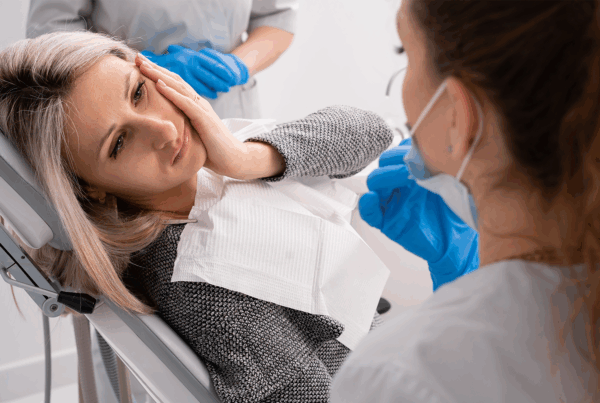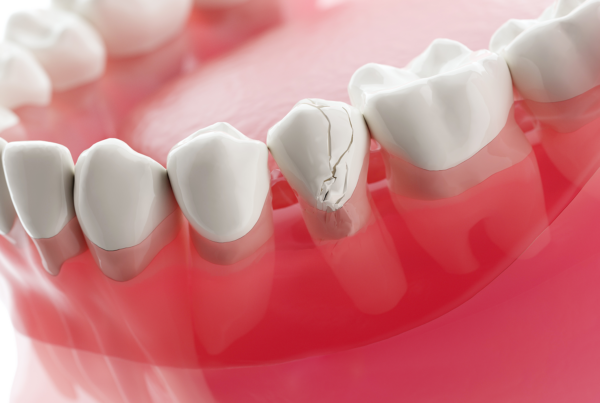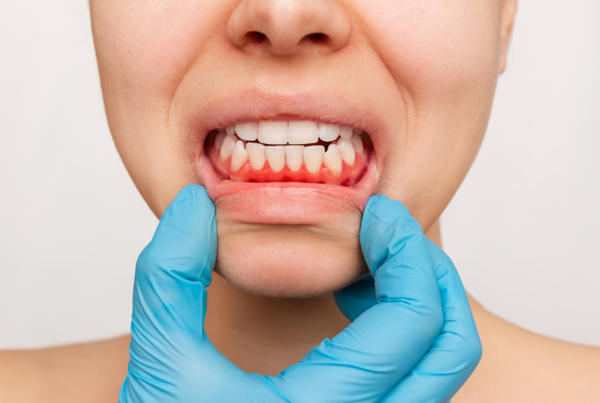Undergoing a root canal can be daunting, but proper post-treatment care ensures a smooth recovery. Understanding what to expect and how to manage your daily activities after the procedure will help you heal faster and return to your normal routine with minimal discomfort. Here’s what you need to know about post-root canal care.
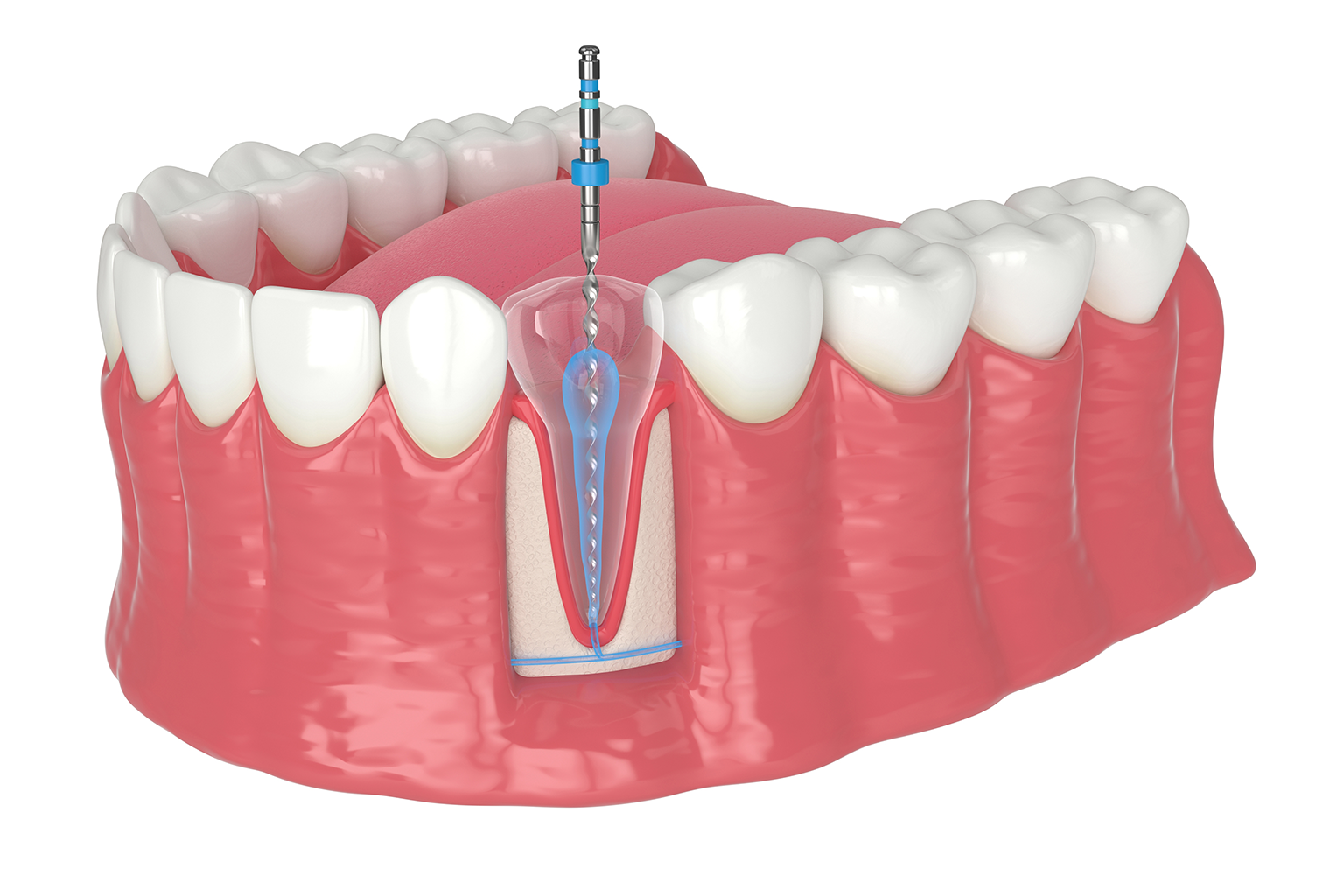 Can I Drive Home After a Root Canal?
Can I Drive Home After a Root Canal?
One of the first questions many patients have is whether they can drive home after their root canal procedure. The answer largely depends on the type of anesthesia used. If local anesthesia was administered, you should be able to drive yourself home. However, if you received sedation or general anesthesia, it’s essential to arrange for someone else to drive you. The sedatives can impair your reflexes and judgment, making it unsafe to drive.
Regardless of the anesthesia, it’s always a good idea to have someone accompany you to the appointment, ensuring you have support and can comfortably get home.
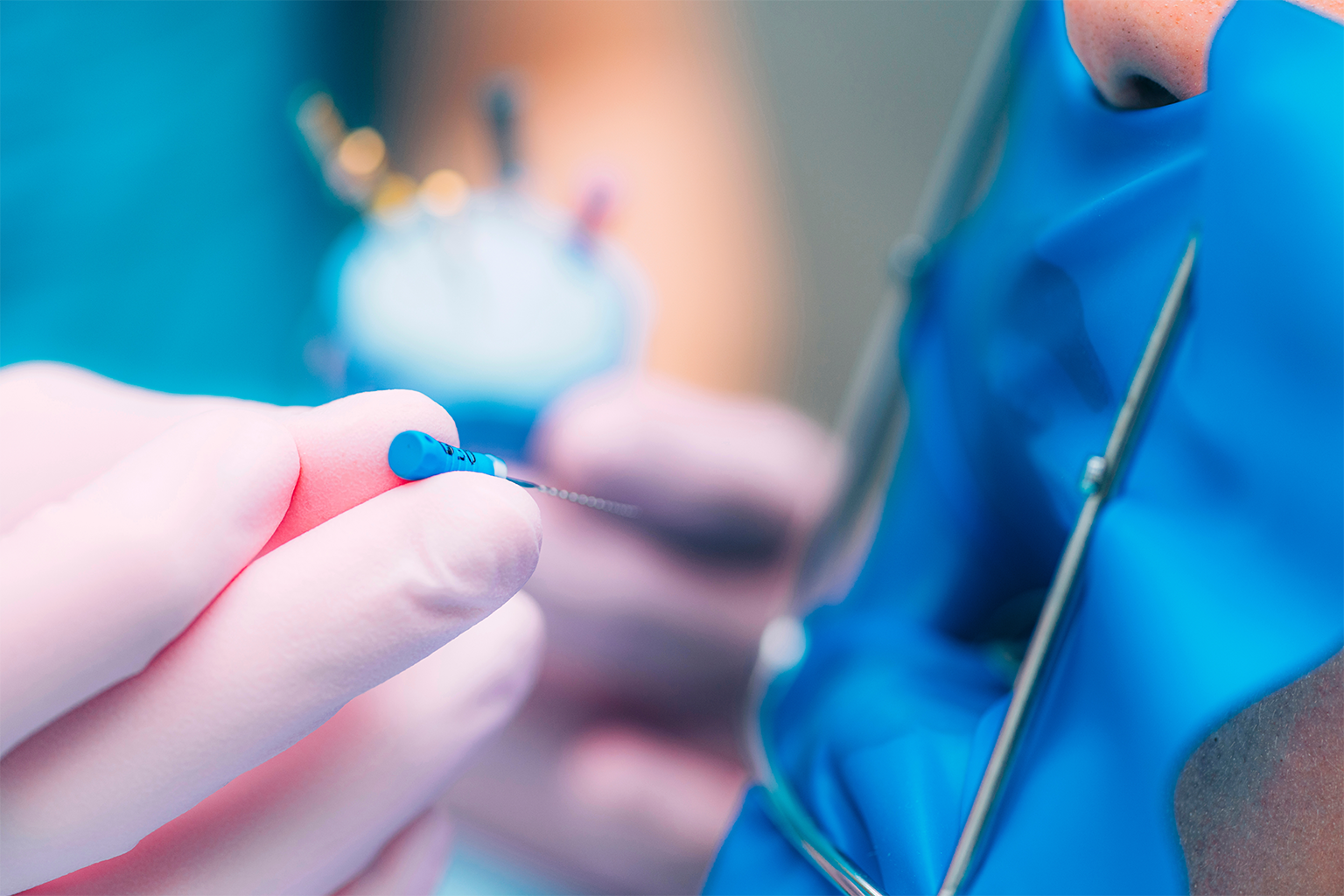 What Can You Eat After a Root Canal?
What Can You Eat After a Root Canal?
Eating after a root canal requires some adjustments to avoid irritating the treated area and to promote healing. Immediately following the procedure, it’s essential to choose foods that are gentle on your teeth and gums. Here are some detailed guidelines on what to eat and what to avoid to ensure a smooth recovery.
Initial Diet: Soft Foods and Liquids
In the first 24-48 hours after your root canal, focus on consuming soft foods and liquids. These options are less likely to cause discomfort or disrupt the healing process. Here are some recommended choices:
- Smoothies: Nutrient-rich smoothies are an excellent option. Use a base of yogurt or milk and add soft fruits like bananas, berries, and avocado. Avoid using seeds or nuts, as they can be abrasive.
- Yogurt: Plain or Greek yogurt is easy to eat and provides beneficial probiotics. Choose varieties without added sugar to avoid any potential irritation.
- Mashed Potatoes: Creamy mashed potatoes are soft and easy to swallow. For added nutrients, mix in some pureed vegetables like carrots or peas.
- Soup: Warm, not hot, soups such as broth-based or pureed vegetable soups are soothing and easy to consume. Avoid chunky or overly spicy soups that can cause discomfort.
- Applesauce: Unsweetened applesauce is gentle on your teeth and gums. It’s a good source of fiber and vitamin C.
Foods and Drinks to Avoid
For the first 24 hours, it’s crucial to avoid hot foods and drinks. The anesthesia used during the procedure can leave your mouth numb, increasing the risk of burns or injury without you realizing it. Beyond this initial period, continue to be cautious with the following:
- Hard Foods: Items like nuts, hard candies, and raw vegetables can be too harsh on the treated area and may cause damage or pain.
- Crunchy Foods: Chips, popcorn, and granola can get lodged in the treated tooth or gums, potentially leading to complications.
- Sticky Foods: Avoid caramel, chewing gum, and other sticky substances that can pull on the temporary filling or crown.
- Spicy Foods: Spicy dishes can irritate the sensitive tissues in your mouth, leading to discomfort and prolonged healing times.
- Acidic Foods: Citrus fruits, tomatoes, and other acidic foods can cause sensitivity and irritation. It’s best to avoid these until your mouth has healed.
Gradual Reintroduction of Regular Foods
As you begin to feel more comfortable, you can slowly reintroduce regular foods into your diet. However, it’s important to chew on the opposite side of your mouth from the treated tooth to avoid putting pressure on the healing area. Start with softer solid foods and gradually move to more complex textures:
- Cooked Vegetables: Soft-cooked vegetables like carrots, squash, and zucchini are gentle on your teeth and provide essential nutrients.
- Pasta and Rice: Well-cooked pasta and rice are easy to chew and digest. Avoid adding sauces that are too hot or spicy.
- Tender Proteins: Soft proteins like scrambled eggs, tofu, and flaky fish are excellent choices as you transition back to your regular diet.
Long-Term Dietary Considerations
While your initial diet adjustments are temporary, maintaining a balanced and gentle approach to eating can benefit your oral health in the long term. Here are some tips:
- Hydration: Drink plenty of water to keep your mouth clean and aid in the healing process.
- Balanced Diet: Ensure your diet includes a variety of nutrients to support overall health and recovery.
- Chewing Habits: Be mindful of how you chew your food, and continue to protect the treated tooth by avoiding overly hard or sticky foods.
By carefully selecting your foods and being mindful of your eating habits, you can ensure a smooth recovery and return to normal eating with minimal discomfort.
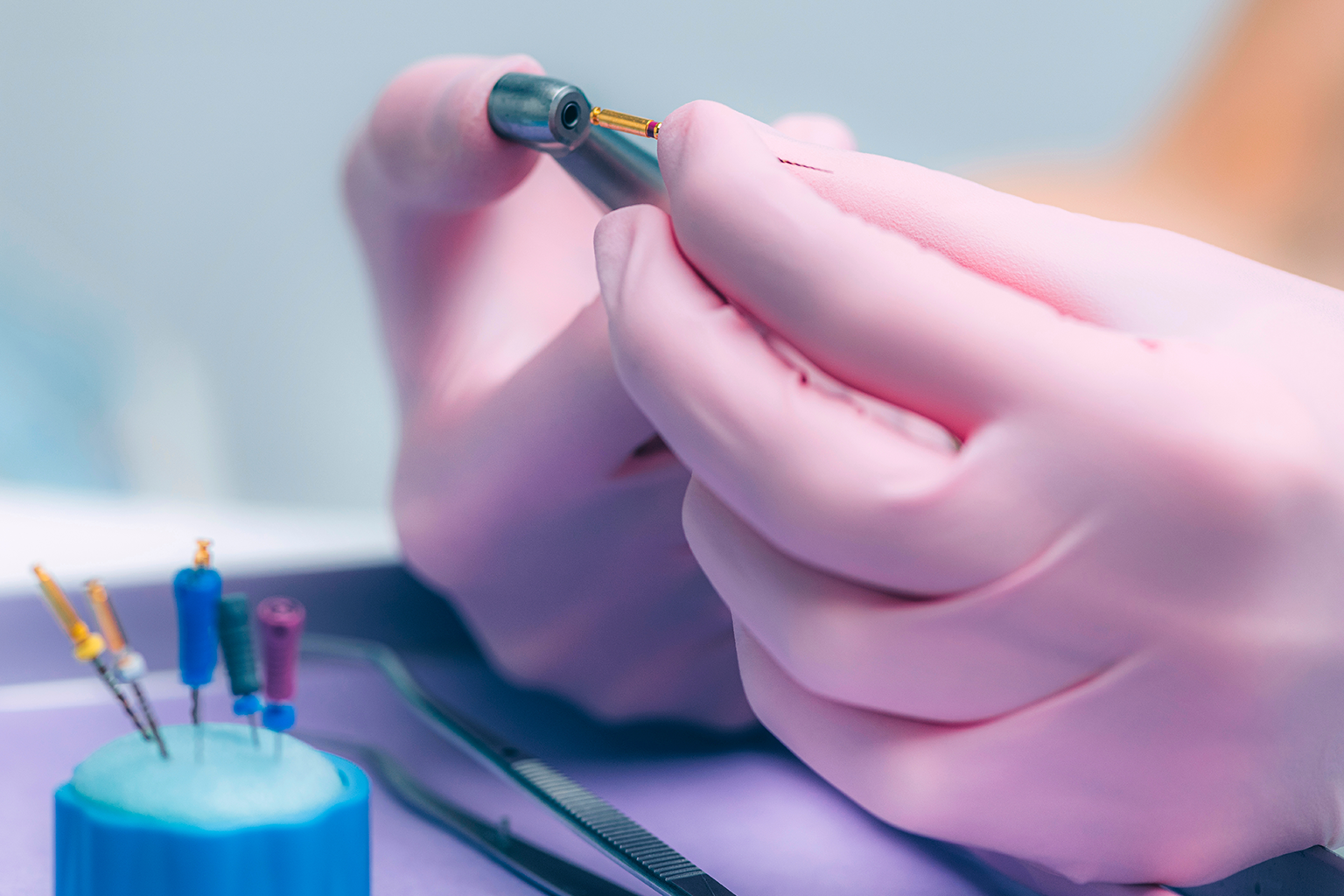 How Long Does It Take to Recover from a Root Canal?
How Long Does It Take to Recover from a Root Canal?
Recovery time from a root canal varies from person to person, but most people can expect to feel back to normal within a few days to a week. Understanding the factors that influence your recovery can help you manage your expectations and take appropriate steps to aid your healing.
Factors Influencing Recovery
Complexity of the Procedure:
The more complex the root canal, the longer the recovery might take. For instance, molars have more roots and canals than front teeth, making the procedure more intricate and potentially leading to a longer recovery period.
Overall Health:
Your general health plays a significant role in how quickly you recover. People with underlying health conditions, such as diabetes, might experience a slower healing process. Additionally, if you have a compromised immune system, your body may take longer to repair itself.
Post-Care Adherence:
Following your dentist’s post-care instructions diligently is crucial. Proper care includes taking prescribed medications, avoiding certain foods, and maintaining excellent oral hygiene. Ignoring these guidelines can lead to complications, prolonging your recovery.
Managing Discomfort and Sensitivity
It’s normal to experience some sensitivity and mild discomfort for a few days after the procedure. Here are some tips to help manage these symptoms:
- Pain Relief: Over-the-counter pain relievers like ibuprofen or acetaminophen are usually effective. Always follow the dosage instructions provided by your dentist or those on the medication packaging.
- Cold Compress: Applying a cold compress to the outside of your cheek for 15 minutes at a time can reduce swelling and numb the area, alleviating pain.
- Soft Foods: Stick to a diet of soft foods and avoid anything too hot or cold that could trigger sensitivity. Gradually reintroduce your regular diet as you start to feel more comfortable.
Oral Hygiene Practices
Maintaining good oral hygiene is crucial during your recovery. This helps prevent infection and ensures your mouth stays clean, promoting faster healing. Here are some tips:
- Gentle Brushing: Brush your teeth gently, especially around the treated area, to avoid irritation. Use a soft-bristled toothbrush and a toothpaste designed for sensitive teeth.
- Flossing: Continue to floss, but be cautious around the treated tooth to prevent dislodging any temporary fillings or crowns.
- Rinsing: Use a warm saltwater rinse to keep the area clean and reduce inflammation. Mix a teaspoon of salt in a glass of warm water and gently swish it around your mouth.
When to Contact Your Dentist
While most discomfort and sensitivity should subside within a few days, there are some signs that warrant a call to your dentist:
- Severe pain that doesn’t improve with medication
- Swelling that worsens or spreads
- A fever, indicating a possible infection
- An allergic reaction to prescribed medications
By monitoring your symptoms and following these guidelines, you can ensure a smooth and swift recovery.
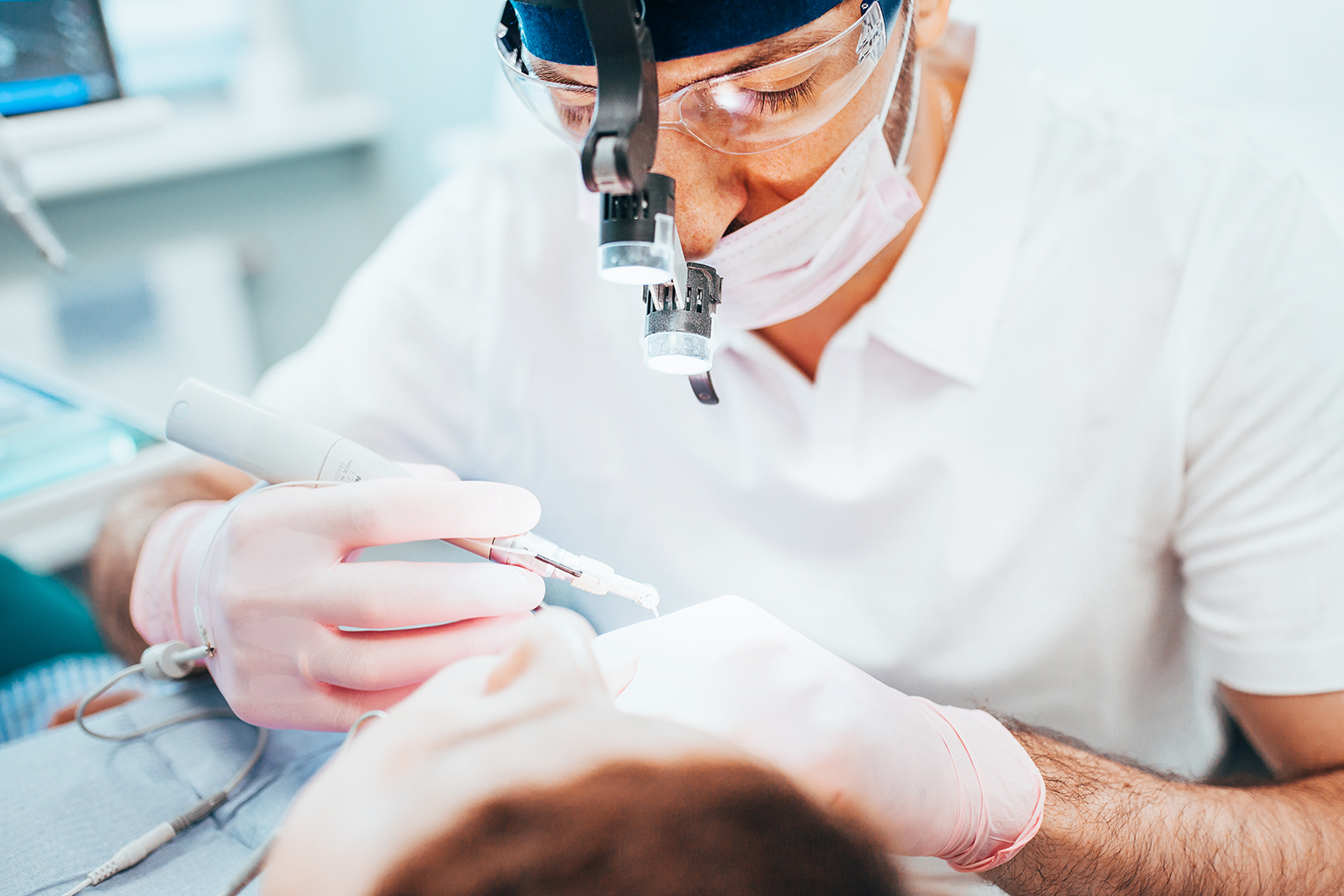 Conclusion
Conclusion
Taking care of yourself after a root canal is crucial for a swift and smooth recovery. By knowing what to expect and how to manage your activities, you can ensure that your healing process is as comfortable as possible. If you have any concerns or experience unusual symptoms, don’t hesitate to contact your dental office.
Ready for your next step towards optimal dental health? Schedule your follow-up appointment with us today to ensure your smile stays healthy and strong.

